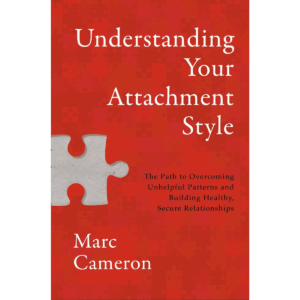The Pleaser often had a fearful parent or an angry critical parent. As children, pleasers try hard to “be good” to avoid criticism or to keep the fearful parent from getting anxious and worried. In some cases, pleasers are “good kids” to compensate for a difficult, rebellious or handicapped sibling. These kids don’t get comfort; rather, they end up giving comfort to the parent by appeasing the angry parent, or calming the fears of the worrying parent. Sometimes pleasers are required to take too much responsibility as kids and become a parent to siblings or even end up taking the role of parenting childlike parents.
As adults, pleasers continue to monitor the moods of others and try hard to keep everyone happy. Over time they become resentful, because they give but don’t really know how to receive. The spouses of pleasers say, “My mate is too clingy and always wants me to be in a good mood. They are too nice, overcommitted and won’t stand up for themselves.”






